Lessons From the IRONMAN x TriDot Break-Up
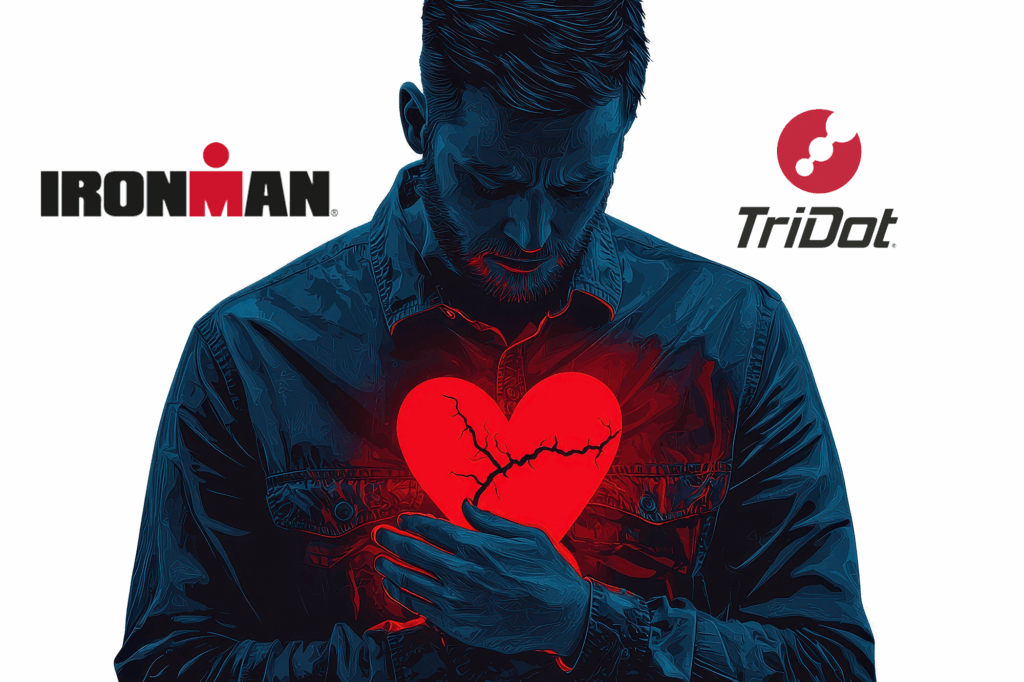
Earlier this week, TriDot announced the termination of their business relationship with IRONMAN, and as such, will bring about sizable change to the IRONMAN University program for coaches once again.
TriDot emailed their coaching community about the change, stating in part:
“Due to unresolved business matters, TriDot has terminated its sponsorship of IRONMAN, effective immediately. As a result, the IRONMAN U program in its current form has concluded. TriDot no longer operates IRONMAN U, and any inquiries regarding IRONMAN U should be directed to IRONMAN.
While our entire team—including our Master Coaches, subject-matter experts, and staff—is disappointed by this development, we remain steadfast in our commitment to you and the coaching community we’ve built together.”
In their statement, TriDot also claimed full ownership of the education and training materials that formerly made up IRONMAN’s University program, and announced the launch of the Endurance Sports Coaching Institute — effectively, turning the former IRONMAN U certification into their own branded program. They also say that they will retain the coach finding tool and offering additional certifications in 2026.
IRONMAN, in response, told Slowtwitch:
“That communication has come as a surprise to us based upon our ongoing collaboration and longstanding partnership with TriDot. IRONMAN remains committed to our coaches, the IRONMAN U program, and the importance of education that makes our coaches and community stronger by helping athletes all over the world reach their respective finish lines. Looking forward, we are excited and deeply committed to investing in and growing The IRONMAN U programs and platforms to support the world’s best triathlon coaches, grow the coaching community, and together empower athletes to achieve their dreams. We will be sharing further updates and information related to IRONMAN U as soon as possible.”
This will mark the third major revision to the IRONMAN U program since its original announcement in August of 2015. And it comes as no surprise to many — as this was a relationship that was likely doomed to fail from the start.
How We Got Here
IRONMAN launched its certification program, IRONMAN U, almost exactly ten years ago, with a video of professionals like Mirinda Carfrae and TJ Tollakson talking about the importance of having a coach — but most importantly, coaches who understood IRONMAN racing. It came as USA Triathlon was continually selling out all of its Level I Coaching clinics, and IRONMAN — justifiably — wanted to tap into that audience of coaches.
Over the next few years, two things happened: demand for USA Triathlon’s coaching clinics began to drop-off, and IRONMAN became more heavy-handed in its branding and attempts to add coaches to its certifications. Certified coaches were given spotlights at key races, for instance. IRONMAN also featured coaches in outbound communications as athletes registered for their events.
Then we hit the roadblock of the pandemic: races cancelled. IRONMAN pivoted, looking to build an entire ecosystem for training. It launched massive series of virtual races. It acquired FulGaz, and was looking to build a full-scale digital platform. It hired staff to head the IRONMAN U platform and build out libraries of content to better educate coaches.
And then it largely fell flat. The digital ecosystem never materialized. FulGaz has never seen the same kind of broad adoption that Zwift or TrainerRoad have ever seen. Staff left, and those positions went unfilled.
Enter TriDot. Although Tricot’s business model was focused around its plans and algorithms, it checked many of the boxes that IRONMAN could be looking for. First, it’s a partner to be able to outsource much of the content production and infrastructure to. Second, well, it’s dollars in the door — and it came at a time when IRONMAN could use some financial wins. And it also made it easier to point to a single partner for training plans or coaching, rather than the generic “IRONMAN Certified Coach” and a finder there.
For TriDot, too, this looked like a win on paper. First, you had a new audience of coaches (and their athletes) to market to. Second, as part of the IRONMAN U certification process, it highly incentivized coaches to switch from other providers into TriDot as it looked to compete against other tools like TrainingPeaks. Between the two, it ultimately could help feed TriDot’s AI platform’s robustness; critical for tools like this one.
And Yet…Another Failure
Coaches we have talked to have all expressed the same concern with TriDot: that they as a company will direct market to their athletes, encouraging them to switch to the AI-based model, and have lost money as a result of it. To then be asked to switch to TriDot through the IRONMAN U program was, in one person’s words, “laughable.”
It’s clear that both companies underestimated the level of pushback that coaches would have toward switching to the TriDot platform. It’s also reasonable to assume, based on TriDot’s email to certified coaches, that they felt like they should be seeing more coaches migrating to the platform as part of the certification process. As of today, TriDot lists 895 coaches in their Coach Finding tool worldwide. That’s less than half of the number that TrainingPeaks currently lists, or less than those currently listed as active coaches by USA Triathlon.
It’s also reasonable to say that IRONMAN was taken aback by the announcement from TriDot. All of the IRONMAN U web links all still head to TriDot’s platform, which has since been rebranded to TriDot’s ESCI service. There’s still references to TriDot in IRONMAN’s purchasing flow. It leads us to believe that TriDot initiated this break-up.
Moving forward, it seems like IRONMAN will revert back to its original model of the University program, handling certification and education itself. That perhaps is smarter; it aligns more with the premium experiences that CEO Scott DeRue built out at Equinox. Being able to align an athlete, especially a newcomer, to a coach through the registration flow (e.g., a checkbox of whether you already have a coach, and if not, being interested in getting a coach for X rate), seems like a potential avenue.
As for TriDot, it seems harder to make sense of. They seem to be attempting to be all things to all people; are they an AI platform? A coaching services platform? A coaching certification company? The problem they still have to solve for is how their AI aligns with coaches; the market perception is that they are plans first. And even there, there’s more competition, with the likes of HumanGo and Athletica.ai available.
Tags:
CoachingIRONMAN UTriDotContinue the discussion at forum.slowtwitch.com
98 more replies

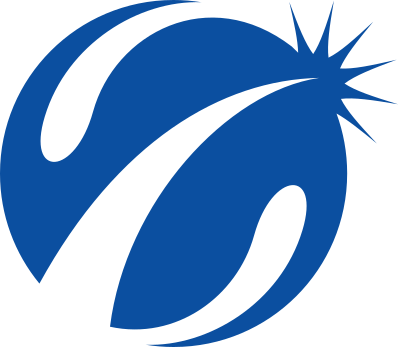

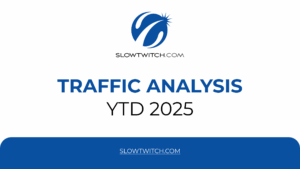
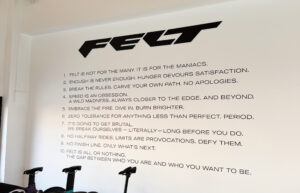
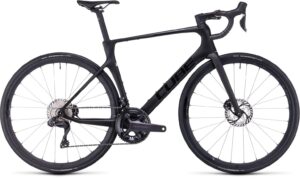

Tridot has obviously made some big spending promotions with Ironman. I wonder if it’s not working out and they’re pulling out and IM is retaliating by revoking their license of the name.
What’s Elizabeth going to do now?
That will be the slow death of TriDot I would imagine if they aren’t piggybacking off Ironman. They will be just another AI system in an increasingly busy market. And they aren’t the best one either when compared to something like Athletica
Yes, also got same email. Honeymoon period over.
On a personal level who has coached using Trainingpeaks for years, was not that happy with the push for IM coaches to become part of Tridot, as well as pushing athletes to use Tridot and not use a coach. The target market seemed to be at the new athletes to the sport and to use their AI and coaches became an add on.
I never migrated any of my athletes to Tridot once we were required for recertification through Tridot.
Maybe Tridot expected more uptake from coaches as well as expectations on a better return on investment with IM
I was kind of pissed that having done the certification I was being railroaded away from Training Peaks where I am currently, into a TriDot platform. I stayed with TP. I don’t know if any coaches that jumped to TriDot but maybe they did.
It was always a poor fit for me. I don’t want to feed their AI with my athletes so they can simply attempt to take over. Billing it as ‘we provide the program while you focus on being human’ was 100% not where I wanted to go. TriDot seems to be a wolf in sheep’s clothing. What they wanted was the athletes that existing coaches had, moved onto their platform, and paying them. I am pretty sure they don’t care about the coaches at all. At least that’s how it felt, despite the sales pitch.
The other thing that pissed me off was that after getting certified (I think) they the created a Level 2 at additional cost and promoted the L2 coaches above the others. But maybe that was alway there.
I hope IM bail on them to be honest.
The financial arrangement for any company getting in bed with Ironman will ALWAYS favor IM. They set the terms.
Agree on all you say. It definitely felt like a railroad. I recall there was a webinar early on and there were numerous question of whether your IM creditation would be at risk if you didn’t move to Tridot from other platforms. It was said not required, but always felt there was an expectation that you would have to in the near future, and you were being pushed to do so. I even have a few emails of why i had not taken up using Tridot and requesting to have/arrange video calls to discuss under the disguise of helping to move to the platform
Not always… but for the most part yes… Take for example ZOOT this time around…
ZOOT is winning at that agreement because Ironman had NO other options and the leadership at Zoot has been down that road… 100% Tridot got FUCKED with that sponsorship.
Yes Zoot’s first foray down this road was a difficult year for them. This time Zoot has deeper pockets post acquisition to be in a much stronger position to fulfill Ironman Expo requirements
How’d they get fucked exactly? Sounds like they failed to create a strong business case for coaches to transition their athletes into a product they feared was a long term competitor. Did they not realize that was a risk, did they underestimate coaches fears, did they even have a plan other than hoping IM would strong arm coaches to switch their athletes?
IM provided them access and they seemingly (based on the coaches’ responses here) failed to capitalize on their opportunity.
The amount of $$ in which that sponsorship cost.
That’s not getting fucked sorry, that poor negotiation on their part. Somebody on their team did a bad job of forecasting the lift in sales they would be able to achieve. I suspect in a large part, it’s because they overvalued their benefit to coaches without taking into account the risks of being perceived as a sheep in wolf’s clothing.
Dealing with IM isn’t really a negotiation, it’s take it or leave it.
Ok then poor decision making. They chose to enter into an agreement that they overvalued. So either it didn’t deliver or they didn’t capitalize but either way it’s still not getting fucked it was just a bad business decision. As an athlete I certainly feel that IM has done their job shoving TriDot down my throat, almost as badly as the Maurten Move lol
That’s simply not true. I’ve negotiated partnership deals before. The key to success, for both sides, is to understand what you want to get out of it. From there you model out whether you think that’s achievable and negotiate from there.
Ironman is just there for the money. It’s possible they are really firm on how much they want, however the blame is on TriDot for 1) not forecasting appropriately and/or 2) making business decisions that go contrary to the format of the deal.
There’s a bunch of different potential reasons why this has gone sideways. However, it could all just be as simple as the platform is not gaining traction with athletes long term and they are cutting bait with an expensive partnership while they figure out what’s next.